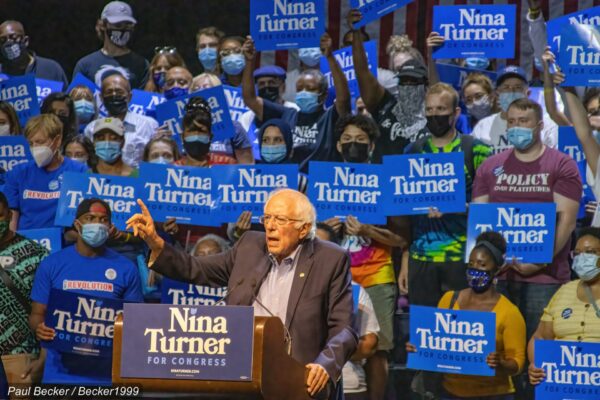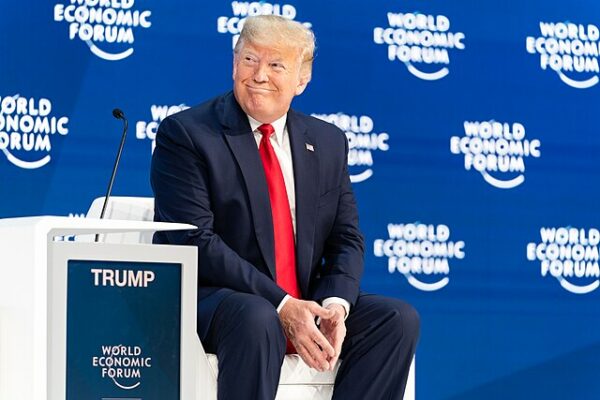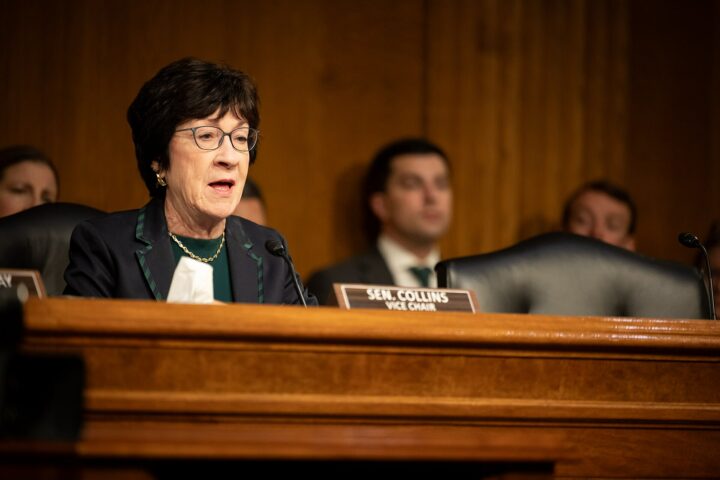Senator Bernie Sanders (I-VT) recently found himself at the center of controversy regarding his campaign spending, specifically the $221,723 allocated for private jet travel during his “Fighting Oligarchy” tour, which he co-led with Representative Alexandria Ocasio-Cortez (D-NY).
This expenditure has sparked significant criticism, particularly from within his own party and from Republicans, highlighting the complexities of maintaining a consistent political message amidst personal spending habits.
In a recent interview with Bret Baier on Fox News, Sanders was confronted about the substantial cost of his private flights.
Baier referenced a report from the Washington Free Beacon and pointed out that some Democrats, like Senator Elissa Slotkin (D-MI), have suggested that the term “oligarchy” may not resonate with a broader audience. Sanders, however, remained defiant in his response.
He argued that the urgency of campaigning necessitates efficient travel methods, stating, “You run a campaign and you do three or four or five rallies in a week. The only way you can get around to talk to 30,000 people is by using jets.”
He firmly stated, “No apologies for that,” underscoring his belief that such spending is justifiable in the context of reaching potential voters effectively.
Bernie Sanders: “You think I should wait on line at United? No apologies for my private jets.”
Socialists are beyond parody pic.twitter.com/MF6dDHOiyE
— End Wokeness (@EndWokeness) May 8, 2025
The controversy has not gone unnoticed by political opponents of the far-left. The National Republican Congressional Committee (NRCC) seized the moment to criticize both Sanders and Ocasio-Cortez, branding them as “champagne socialists.”
NRCC spokesperson Ben Petersen highlighted the perceived hypocrisy of their climate activism while traveling in luxury, noting that the costs associated with private jets are often greater per hour than what the average American earns in several months.
This critique plays into a broader narrative within conservative circles that aims to expose what the contradictions in the progressive agenda.
Sanders’ unapologetic stance on his travel expenses reflects a larger tension within the Democratic Party regarding campaign strategies and messaging.
As candidates work to promote messages of economic equality and environmental sustainability, personal spending habits can create friction, inviting scrutiny from both supporters and detractors.
This incident not only raises questions about Sanders’ individual choices but also reflects the challenges faced by politicians in balancing their public personas with the realities of campaign logistics.
As the political landscape continues to evolve, this controversy serves as a reminder of the complexities involved in modern campaigning. Candidates must navigate a minefield of expectations while striving to connect with their constituents.
As discussions around the hypocrisy of the far-left grow, the implications of this incident could resonate well beyond the current election cycle, influencing public perception and party dynamics for years to come.
[READ MORE: Florida Senator Passes Out In Middle of Speech]








